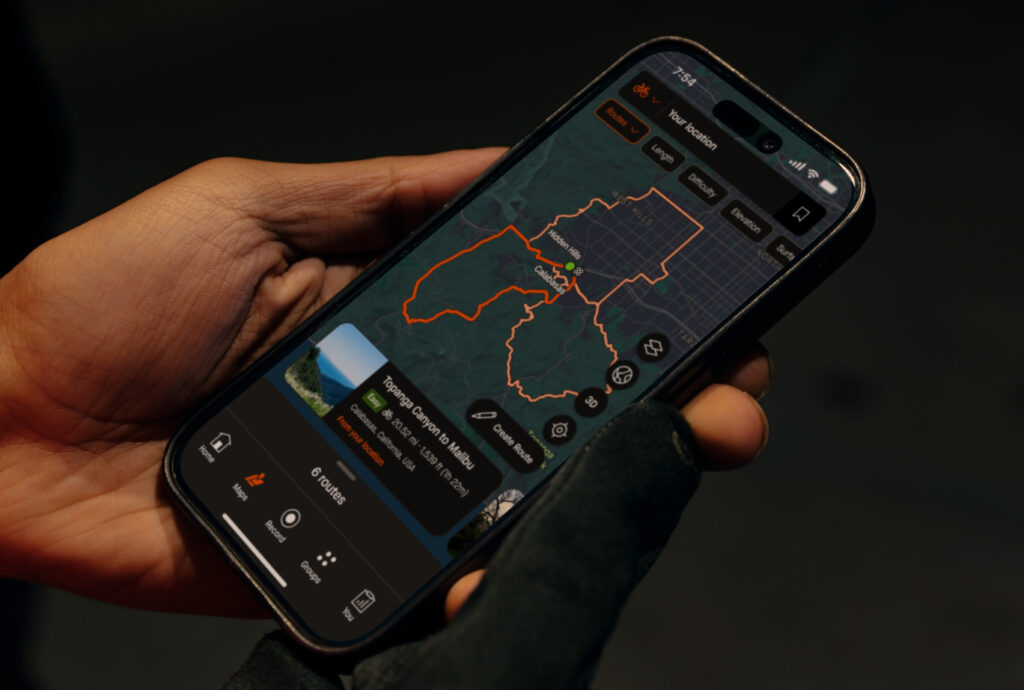Strava is done playing data broker.
What’s happening: The activity tracking platform updated its API agreement, restricting user data on third-party platforms.
Effective since Nov. 11, users can no longer publicly share metrics with connected apps, while developers are prohibited from utilizing the data for visualizations, coaching, or training AI.
One for all. Strava counts 125M users across 190 countries logging 40M activities per week.
For Strava, criticisms over privacy and experimental features like AI analysis warrant a tighter grip on the reins, shielding its wealth of data while keeping users engaged in its ecosystem.
Locked out. An open platform, many apps use Strava data to power their features, from niche widgets to core training models — but also as a backdoor sync for users’ wearables data.
While larger platforms like TrainerRoad and FasCat can rely on direct integrations with the likes of Garmin, Zwift, and Wahoo, the abrupt change will threaten a range of complementary apps.
Punchline: The opportunity in AI is immense, producing previously unachievable levels of insight and personalization. And Strava knows whoever controls the most data can set the pace of innovation.






